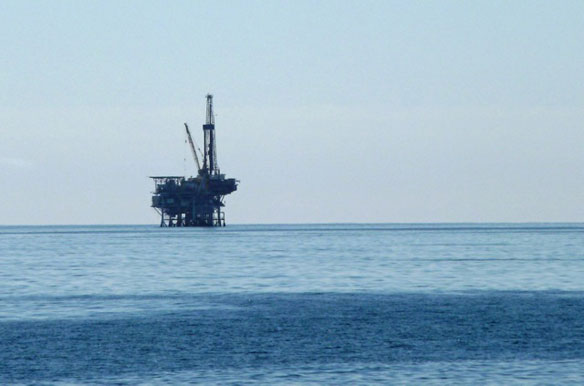
Photograph: © SAF — Coastal Care
Excerpts;
What effects could offshore drilling have on the local economy? Let’s take a look at where we are currently.
North Carolina’s beaches and inlets generate $3 billion in revenue each year and directly support 39,000 jobs. Expenditures for recreation and tourism in 2009 in the state’s oceanfront counties were more than $2 billion and accounted for 28,000 jobs.
The economic impact of private boating in 2008 was $140 million, supporting 5,821 jobs. In that same year, coastal marinas had direct sales of $90 million, supporting 2,252 jobs.
The economic impact of the state’s seafood industry in 2008 totaled more than $336 million with 5,821 jobs. Sport fishing contributed more than $446 million, supporting 6,368 jobs.
A reminder: The BP Deepwater Horizon disaster in 2010 resulted in a spill of 4.9 million barrels, or nearly 206 million gallons, of oil into the Gulf of Mexico, making it the largest accidental oil spill in history.
Every aspect of offshore drilling, from exploration to transporting the product from the drilling site, has implications for marine life and coastal communities…
Read Full Article, Coastal review (05-31-2017)
Why U.S. East Coast Should Stay Off-Limits to Oil Drilling, Yale E360 (02-28-2015)
It’s not just the potential for a catastrophic spill that makes the new proposal to open Atlantic Ocean waters to oil exploration such a bad idea. What’s worse is the cumulative impact on coastal ecosystems that an active oil industry would bring…
Estimates of offshore drilling’s benefits exaggerated, report says, The Virginian Pilot (12-15-2015)
The ‘Job-Killing’ Fiction Behind Trump’s Retreat on Fuel Economy Standards; Yale E360 (04-20-2017)
When You Drill, You Spill; Huffington Green (05-27-2015)
The Santa Barbara County spill, one of the largest in California history, reiterates what we already know: We can’t extract oil and transport it without putting our beaches, wildlife, and coastal communities at risk. The sad fact is, when you drill, you spill.








